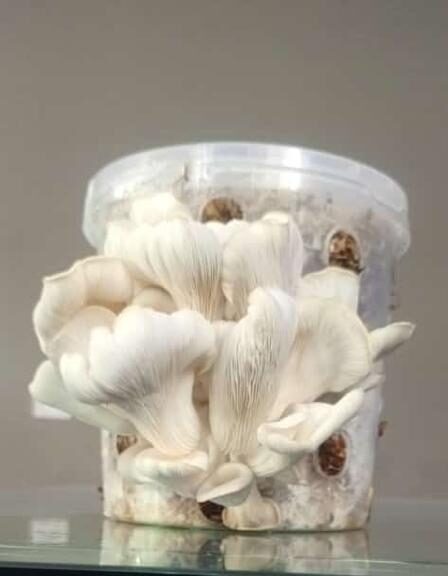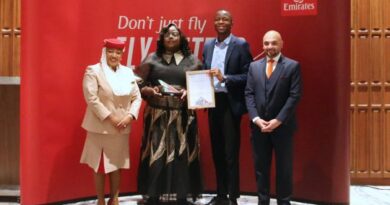Cotton Farmers in Zambia Spearhead Value Addition with Innovative Mushroom Production
Cotton farmers in Zambia are embracing a unique approach in producing mushrooms from cotton husks. John Ngwenyama, Executive Director of the Cotton Association of Zambia, revealed that members have undergone training to convert cotton husks into mushroom molds, creating a sustainable and profitable venture.
Mr. Ngwenyama explained that by crushing and transforming husks into mushroom molds, farmers are not only promoting value addition but also tapping into a high-yield, nutritionally rich source. This innovative method stands out as a promising solution for utilizing agricultural waste effectively.
“Experts advised us to start producing mushrooms from cotton husks, and we have ventured into this value addition activity to increase income for the association farmers,” he stated in an interview.
Highlighting the nutritional value of the mushrooms produced from cotton husks, Mr. Ngwenyama emphasized the economic benefits compared to other agricultural waste products.
Additionally, he said that the Association has embarked on the production of organic fertilizer using cotton stocks, contributing to cost-effective and environmentally friendly farming practices.
Mr. Ngwenyama further shared that the association is addressing the issue of burning cotton stocks before the next planting season by training members to create charcoal briquettes from the cotton waste.
This initiative aims to curb environmental damage caused by burning while providing an alternative and sustainable use for the agricultural by-products.
The Cotton Association of Zambia is also exploring textile production, crafting fabrics such as bedspreads through the cotton weaving and spinning process, using mills.
Mr. Ngwenyama sees these value addition activities as pivotal for enabling cotton farmers to increase their income. Moreover, the farmers are advocating for improved access to quality cotton seeds, chemicals, and better agricultural practices.
They are also calling for increased support through the provision of sufficient extension officers to educate farmers about new techniques aimed at enhancing production.
As cotton farmers in Zambia diversify their approaches, this initiative not only promises economic benefits but also aligns with sustainable practices, turning agricultural waste into valuable resources for the community.



